Does vinegar kill grass? Yes, and once I saw it in action, I never looked at weed control the same way again.
I was tired of wasting money on chemicals that smelled horrible, felt unsafe, and barely worked on tough spots.
I gave vinegar a try, right from my kitchen, and it completely changed how I care for my lawn and garden.
It’s natural, affordable, surprisingly effective, and something anyone can use with just a bit of know-how.
If you’re looking for a simple solution to unwanted grass or weeds, vinegar might just be your new best friend.
Why People Are Turning to Vinegar to Kill Grass and Weeds
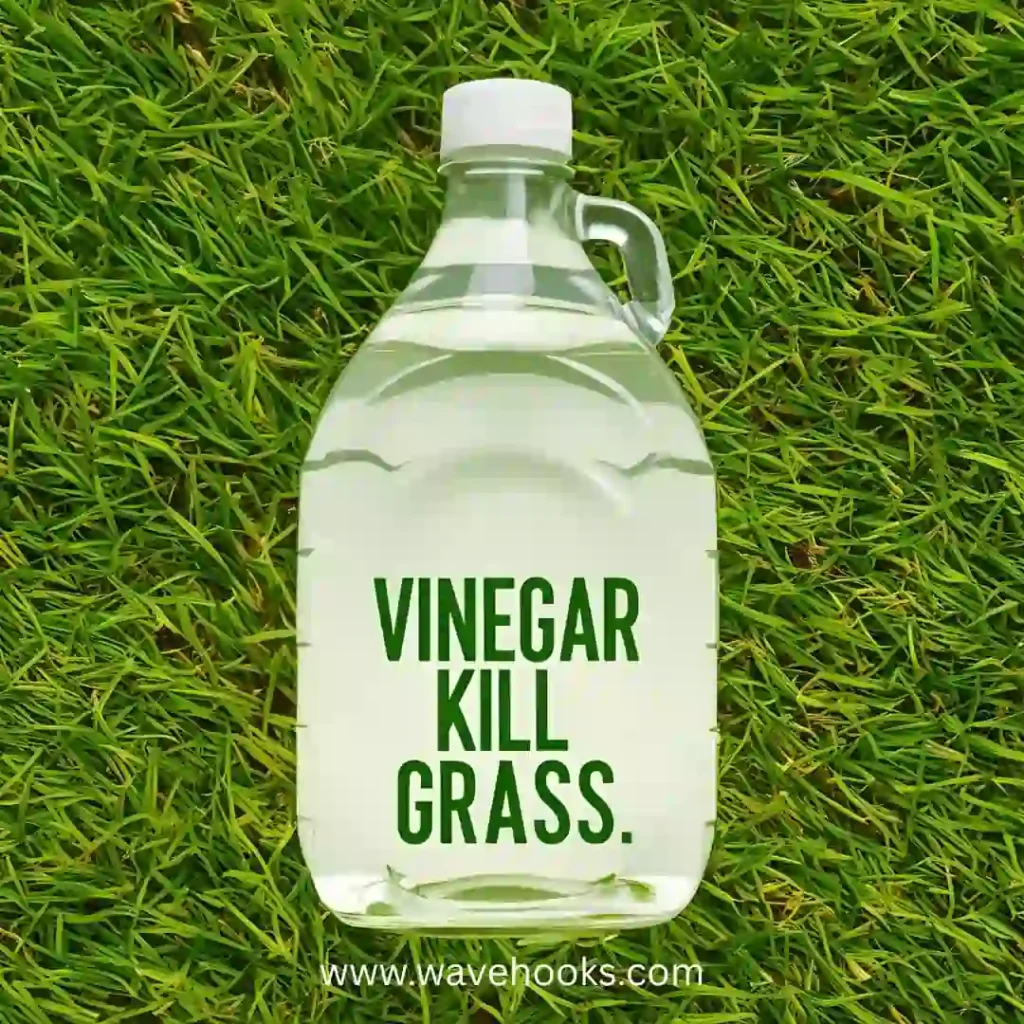
Let me tell you. Tired of expensive weed killers full of chemicals? I was, too.
That’s when I turned to vinegar, and it changed how I care for my lawn.
More and more people are switching to vinegar because it’s natural, affordable, and easy to use.
You probably already have it in your kitchen! If you’re looking for a simple way to deal, use vinegar.
Weeds or even unwanted grass without worrying about harsh chemicals, vinegar might just be your new go-to solution.
Suggested Read: How To Prepare DIY Vinegar Cleaning Spray: The Ideal Solution!
What Is Vinegar and How Does It Work?
Before you start spraying, it’s important to understand what vinegar is and why it works so well on grass and weeds.
This section will break it down for you.
Key Ingredients in Vinegar
Vinegar is made through fermentation and contains acetic acid, water, and trace minerals.
The acetic acid present in vinegar dries out plant cells on contact, making it effective as a weed and grass killer.
It is a simple, effective solution for unwanted plant growth. The higher the acid content, the stronger the effect.
Common Types of Vinegar for Gardening
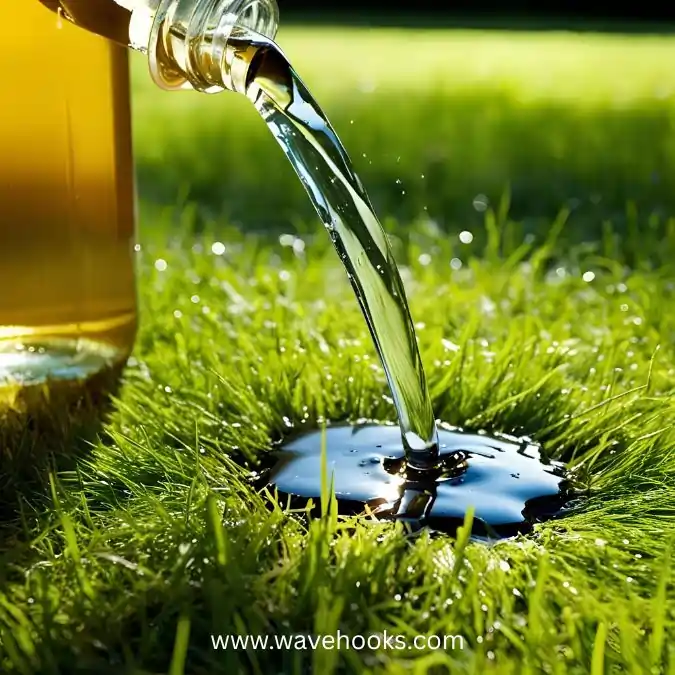
There are several types of vinegar, and not all are created for garden use.
White vinegar is the most common and contains 5% acetic acid, which works for mild jobs.
Apple cider vinegar also works, but is less acidic and more expensive.
For tough weeds and grass, horticultural vinegar with 20–30% acetic acid works best.
Always check the label using the right type makes a huge difference in how effective it is.
Suggested Read: Can I Add Vinegar To My Laundry For A Fresh Smell? Must Read
What Acetic Acid Does to Plants
Acetic acid attacks the plant’s cell membranes, drying out the leaves and stems.
The acid is especially effective on young plants and those with soft leaves.
It’s fast-acting but mostly reaches deep till roots unless treated multiple times or with higher strength.
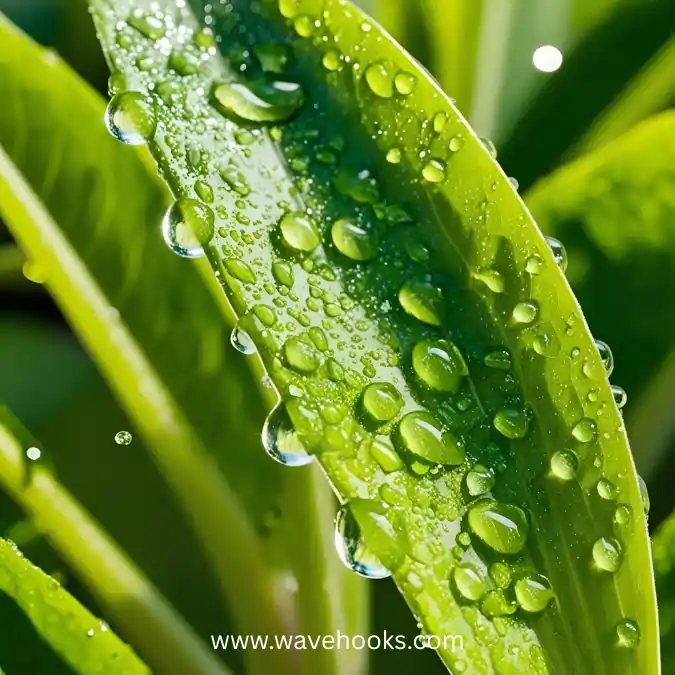
What Happens When Vinegar Kills Grass and Weeds?
Now that you know what’s in vinegar, let’s look at how it interacts with grass and weeds.
How Vinegar Breaks Down Plant Cells
When vinegar touches a plant, the acetic acid quickly strips moisture from the plant’s tissues.
This causes the plant to dry, fade, and die within hours. It’s a powerful and fast-acting method.
You’ll see browning by the end of the day, especially in the sun.
Does Vinegar Kill Roots or Just the Leaves?
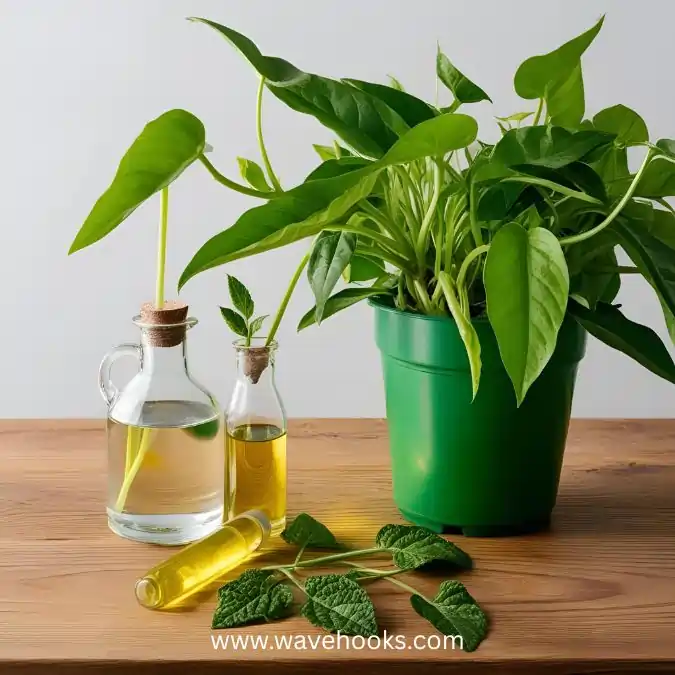
Vinegar usually doesn’t kill the roots unless you’re using horticultural strength or applying it repeatedly.
That means the grass or weeds may grow back unless you reapply or dig out the roots.
Why Some Plants Are More Resistant
Some plants have waxy or hairy leaves that protect them from quick dehydration.
Others have deep or extensive roots that allow them to bounce back even after their top growth dies.
I’ve seen dandelions survive with a light vinegar spray, while young crabgrass fades in one afternoon.
Knowing which weeds you’re targeting helps to determine how it works and how many applications you’ll need.
Suggested Read: Why Does Malt Vinegar Smell Bad? Unmasking The Hidden Cause!
Can vinegar kill any type of grass?
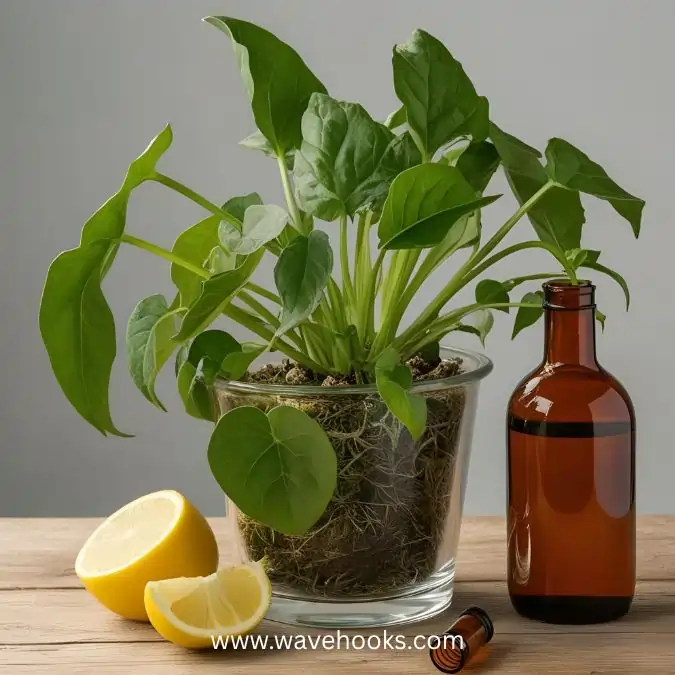
Not all grasses react the same way to vinegar, and this section will help you understand.
Let’s dive into which grass types will take a hit and which ones can resist.
Will Vinegar Kill All Grass Types?
No. It works better on young, tender grasses or weeds with surface roots.
Grasses with deep roots, like Bermuda or St. Augustine, may require stronger vinegar and repeated treatment.
Use caution in mixed lawns by combining them with other methods.
Which Grass Species Are Most Affected?

Young, tender grasses and weeds like crabgrass or annual grasses tend to be more responsive to vinegar.
These plants have less-developed roots, so the acetic acid quickly damages them.
On the other hand, hardier, deep-rooted grasses like Kentucky bluegrass or perennial ryegrass can tolerate vinegar better.
If you’re targeting weeds or thin patches of grass on sidewalks or driveways, vinegar is perfect for the job.
Suggested Read: Does Vinegar Kill Spiders: Uncover 10 Real Surprising Facts!
How Quickly Does Vinegar Kill Grass?
In hot, sunny weather, 5% vinegar can show results in a few hours of application.
Stronger vinegar works even faster. By the next day, most treated areas will appear brown and dry.
The effect is more noticeable in the afternoon heat, where moisture evaporates quickly.
However, deeper-rooted grasses will likely need multiple treatments to fully die off.
What makes vinegar kill grass better?
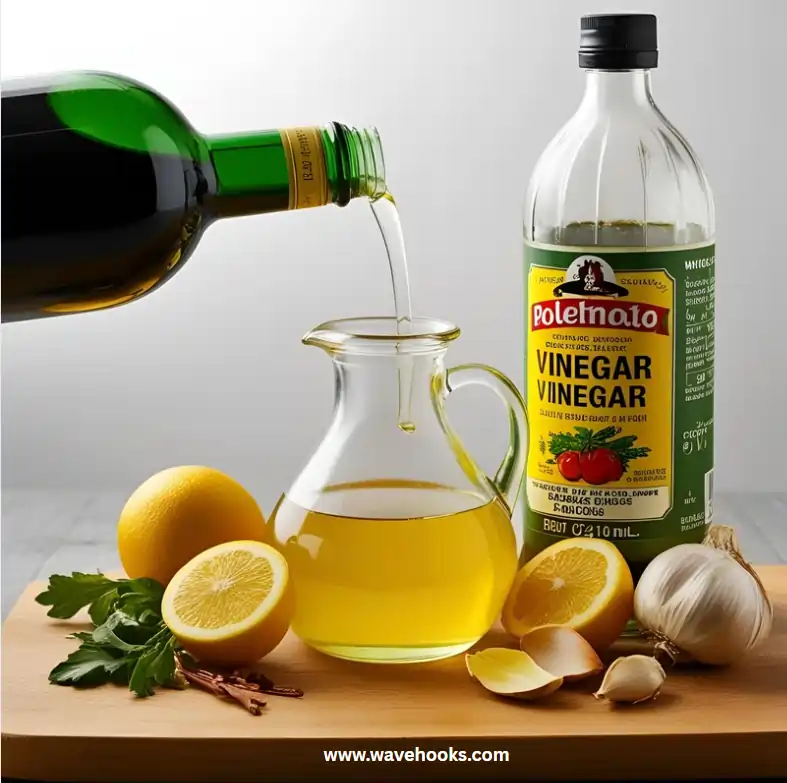
Vinegar’s effectiveness can depend on several factors. Knowing these will help you to achieve the best results.
Let’s explore what makes vinegar work better:
Does Vinegar Strength Make a Difference?
Yes! The strength of the vinegar you use plays a crucial role in how effective it is.
5% vinegar might only kill the surface of smaller weeds, but it may need multiple applications.
20–30% vinegar is a game-changer for tough grass, it penetrates deeper and can weaken roots.
I recommend going for a stronger solution if you’re dealing with persistent weeds or tougher grass.
Suggested Read: Does Vinegar Kill Roaches Fast? 10 Surprising Facts You Need!
How Weather Impacts Results
The weather plays a big role in how well vinegar works. It works best in dry, hot weather.
The sun helps to speed up the drying process and dehydrate the plants faster.
On rainy or cloudy days, results can be disappointing. Since it won’t dry out as quickly.
Always check the forecast timing is important for applying vinegar to get the best results.
What is The Role of Soil and Lawn Condition
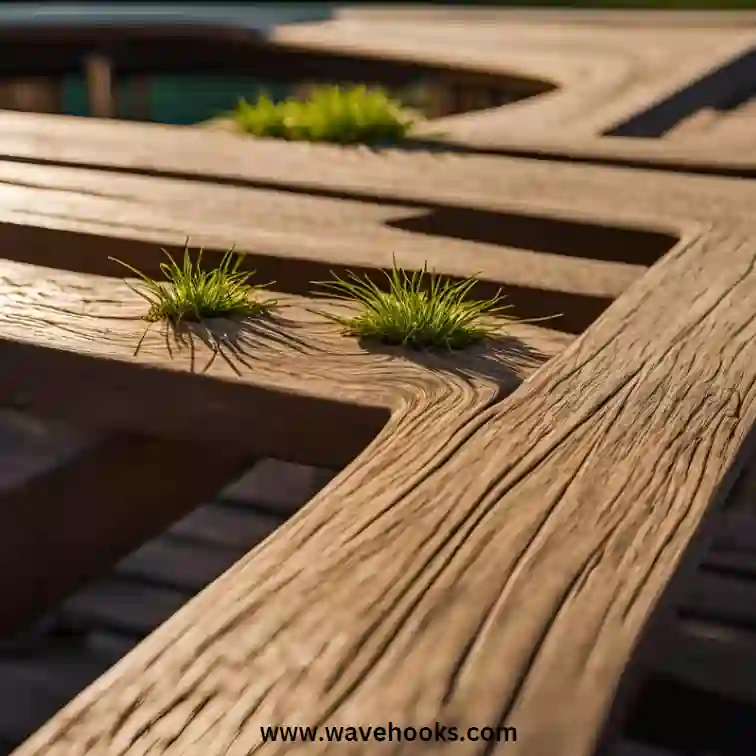
The condition of your lawn and soil type also affect how well vinegar works.
Healthy and well-watered grass bounces back quickly. Dry, stressed grass is easier to kill with vinegar.
Sandy soils might allow the vinegar to leach away faster, while compacted soils may keep it in contact longer.
If you’re treating your lawn, be careful where you spray, and avoid applying it on wet grass.
Suggested Read: How To Prepare DIY Vinegar Cleaning Spray: The Ideal Solution!
How to Make Vinegar Kill Grass Effectively
Here is what worked for me after experiencing so many challenges:
Mix vinegar at least 10–20% with a bit of dish soap and spray it directly on unwanted grass or weeds.
The soap helps it stick better. Always aim carefully vinegar doesn’t know the difference between “good” and “bad” plants.
If you want to spot treat, use a spray bottle. For edges or cracks, a small pump sprayer works great.
Remember, don’t use vinegar right before rain, it’ll wash away before it can do its job.
Is Vinegar Better Than Chemicals?
I’ve used both, and I’ll be honest in answering this question:
Chemical herbicides are stronger and more long-lasting. But they come with risks to pets, kids, and even your health.
Vinegar doesn’t stick around in the soil and is much safer to use around your family.
If you need a quick, natural fix and don’t mind reapplying, vinegar is a great option.
For small jobs, garden paths, or keeping edges clean, choose vinegar first.
It is safer, cheaper, and surprisingly powerful when used at the right time and with the right method.
Is It Safe to Use Vinegar to Kill Grass Around the Yard?
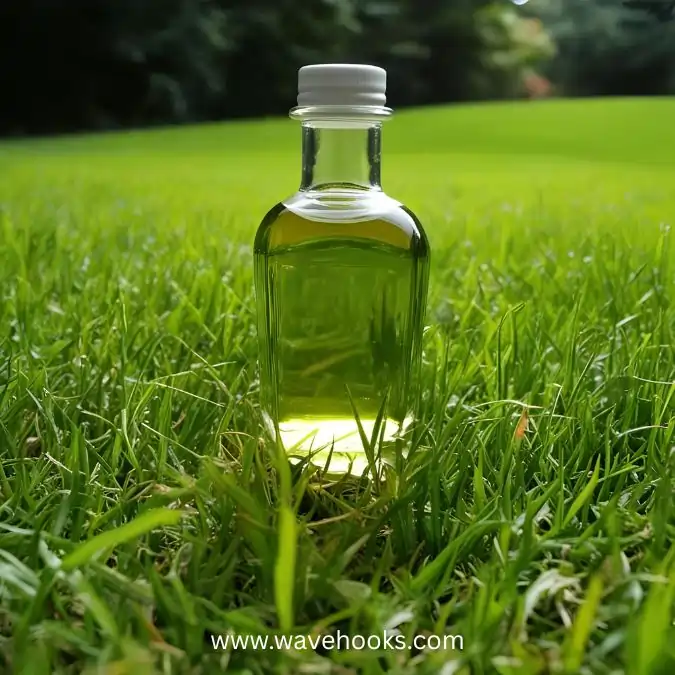
This was a big question for me, too. I’ve got pets running around the yard, so I didn’t want anything toxic.
Regular household vinegar is safe for people and pets after it dries. Just keep them away while the area’s wet.
But be careful, vinegar can hurt your soil if used too much. It kills good microbes and might stop other plants from growing.
So I recommend treating it like medicine only where and when it’s needed.
Suggested Read: How To Clean LVP Flooring: 10 Things You’re Doing Wrong!
Will Grass Grow Back After Vinegar Kills It?
I’ve made mistakes and sprayed too wide, killing more grass than I wanted. It happens.
But don’t worry, most lawns can bounce back. If it’s a small patch, just water it well and reseed.
For larger areas, take out the dead grass and overseed with fresh soil and grass seed.
Grass can grow back after vinegar, especially if the roots weren’t killed.
And to prevent future damage, use cardboard or a shield when spraying near healthy grass.
What Are the Best Alternatives to Vinegar to Kill Grass?
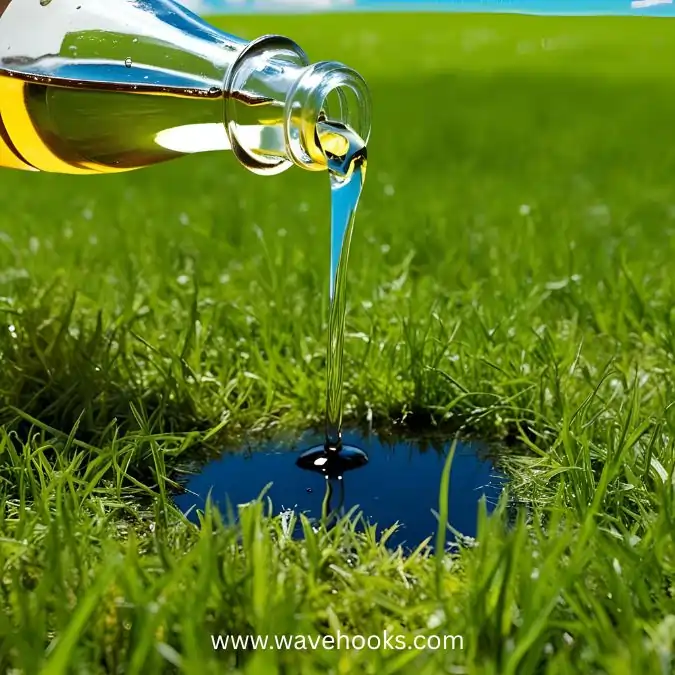
Vinegar is great, but it’s not the only option. You can also use boiling water on weeds in cracks, it works fast.
Salt can kill grass, too, but be careful it stays in the soil and prevents anything from growing.
Lemon juice works like vinegar but is pricier. For larger areas, try mulching or solarization.
If you want a more balanced solution, some organic herbicides offer good results without harsh chemicals.
Suggested Read: 10 Summer Cleaning Tips That Makes Your Home Shine Well!
Conclusion: Will vinegar kill grass?

After everything I’ve seen and tried, I recommend using vinegar, which can kill grass.
It’s not magic, and it’s not perfect, but it’s safe, natural, and cost-effective.
For small areas, garden edges, driveways, or anywhere you want to clear grass without chemicals, vinegar is a great tool to have.
Just remember to use it carefully. It’s all about timing, strength, and knowing your goals.
Suggested Reads:
15 Brilliant Ways To Clean A Wool Area Rug At Home Better!
How To Clean Stained Vinyl: The Ultimate Step-By-Step Guide!

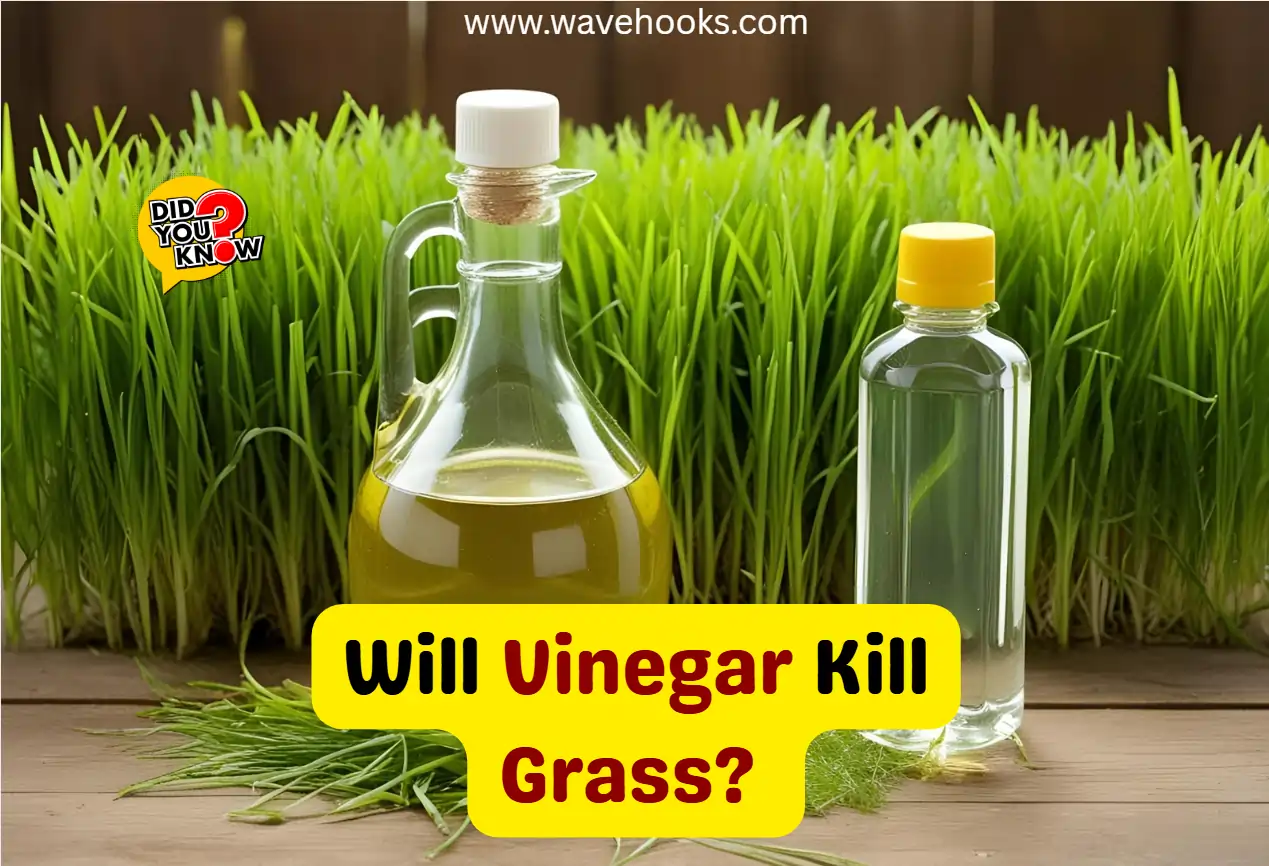
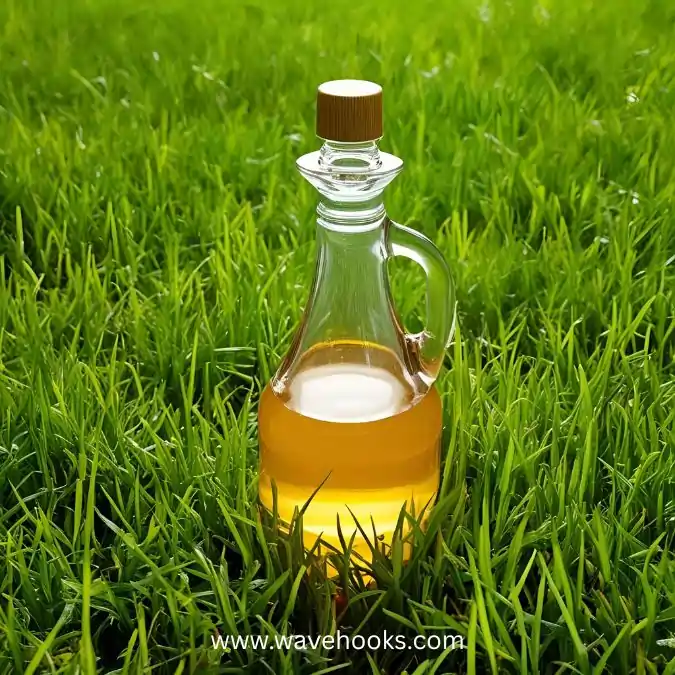

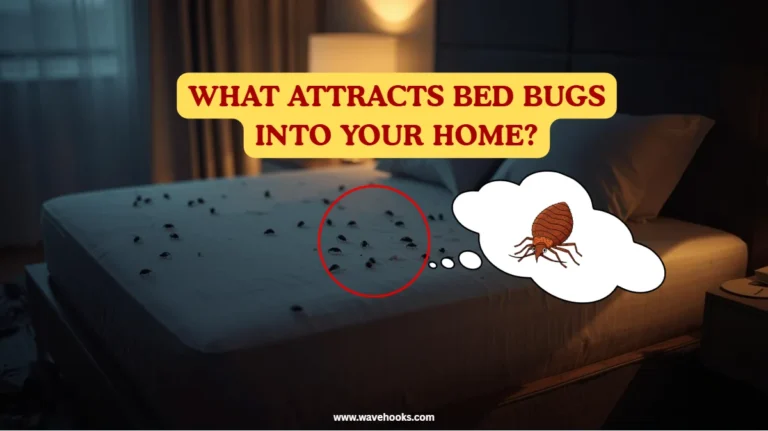





2 Comments